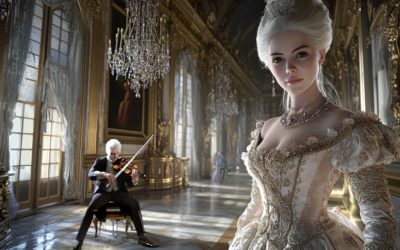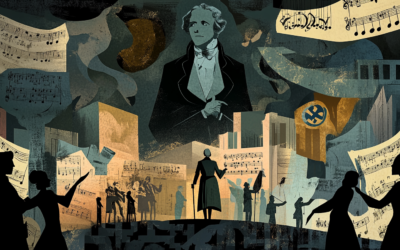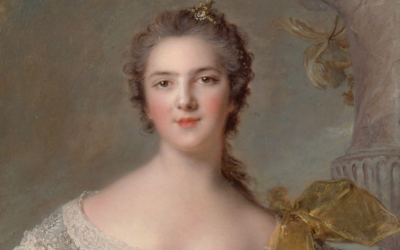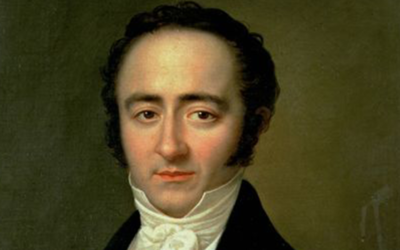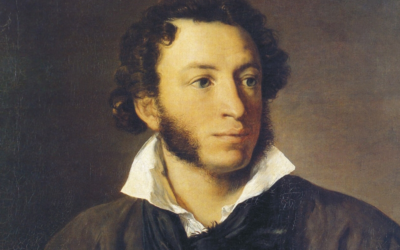A Questionable Canon
The Misattribution of Mozart’s K.2 89a (K.6 73i)
K.2 89a (K.6 73i) is no grand work of genius, but rather a simple canon exercise for four sopranos. Its problems range from missing voices and unresolved harmonies to a lack of text, suggesting it’s a poorly copied version of an earlier work.
Modern editors have tried to patch it up, but can we really still call this a work by Mozart? It’s time to question whether it belongs in his catalogue at all.
Mozart: The Fall of the Gods
This book compiles the results of our studies on 18th-century music and Mozart, who has been revered for over two centuries as a deity. We dismantle the baseless cult of Mozart and strip away the clichés that falsely present him as a natural genius, revealing the contradictions in conventional biographies. In this work, divided into two parts, we identify and critically analyze several contradictory points in the vast Mozart bibliography. Each of the nearly 2,000 citations is meticulously sourced, allowing readers to verify the findings. This critical biography of Mozart emerges from these premises, addressing the numerous doubts raised by researchers.
"A copy with missing voices and incomplete harmonies—Mozart would have known better."
Mozart: The Fall of the Gods
K.2 89a (K.6 73i), attributed to Wolfgang Amadeus Mozart, is a simple canon exercise in A major for four sopranos in unison. This piece closely resembles the Kyrie K.89, which is also written for four sopranos in unison. However, unlike the Kyrie, which serves a clear liturgical purpose, K.2 89a (K.6 73i) seems more like an incomplete experiment.
In this supposed composition, Mozart wrote only six measures for four voices. The piece is stagnant, with no modulations as it remains firmly in A major throughout. There is an overwhelming amount of repetition, suggesting a lack of imagination, even if one were to excuse it as a contrappuntal exercise.
This is where things become problematic. Although Wolfgang arranged the piece for four voices, the canon actually requires five to achieve complete harmonies. Without a fifth voice, the piece sounds incomplete, leaving discordant gaps that Mozart, if he had composed it, would surely have recognized.
The fifth voice is not indicated in the original manuscript, yet modern editors, including the Neue Mozart-Ausgabe (NMA), have added it in parentheses. This fifth voice logically enters at measure 13, filling the incomplete harmonies that otherwise sound weak. Curiously, Mozart left the final three measures filled with pauses, which suggests he may not have fully solved the harmonic puzzle presented by the canon.
Moreover, Amadé didn’t bother writing out any text, leaving many notes in a disjointed state, as though he were copying from an original source that had syllables of text he ignored. In an attempt to fill this void, modern editions have introduced whimsical verses, such as:
“Hei, wenn die Gläser klingen, so lasst uns alle fröhlich sein, und lasst uns lustig singen, ja singen ja lustig singen, am Tisch beim kühlen Wein.”
(“Hey, when the glasses clink, let’s all be merry and sing happily, sing sing joyfully, at the table with cool wine.”)
Breitkopf’s edition, unlike the NMA, corrected the canon by discreetly adding the fifth voice without explicitly saying so, transforming the piece into a Kanon für 5 Stimmen (canon for five voices) to make it more marketable.
Given that this is clearly a poorly resolved copy of a canon by an anonymous author, with Mozart forgetting the fifth soprano’s entrance, it should neither be considered an original composition nor included in his official catalogue.
You May Also Like
The Kolb Concerto: A Mozartian Mirage?
The Kolb Concerto’s dubious origin and poor musical quality expose yet another myth in the Mozartian canon. If this is the work of a genius, then perhaps we’ve been fooled for centuries.
The Adélaïde Deception: Mozart’s “Lost” Violin Concerto and the Art of Musical Forgery
In the early 20th century, the “discovery” of Mozart’s sixth violin concerto in Paris created a sensation. Dubbed the Adélaïde Concerto and supposedly written for Madame Adélaïde of France, it was hailed as a testament to Mozart’s genius. However, as the story unfolds, it becomes clear that this masterpiece was not the work of the child prodigy but rather a carefully orchestrated hoax by Marius Casadesus. Despite its unmasking as a forgery, the concerto continues to captivate audiences, raising questions about authenticity and the music industry’s willingness to deceive for profit.
Mozart and the Nationalist Illusion: The 1931 Festival and Its Legacy
The Salzburg Festival, far from being a mere celebration of Mozart’s genius, was born out of nationalist ambitions during a turbulent period in Austro-German history. Conceived by figures like Max Reinhardt, Heinrich Damisch, and Friedrich Gehmacher, the festival was deeply rooted in ultranationalistic ideals, transforming Mozart’s legacy into a tool for cultural dominance. The truth behind its founding has long been obscured, but the primary sources tell a different, darker story.
K.6 and K.7 Sonatas: A Fabricated Genius?
The earliest sonatas of Wolfgang Amadeus Mozart, K.6 and K.7, are traditionally seen as proof of his precocious genius. But as we explore the murky origins of these works, we find that they may be more a product of Leopold Mozart’s ambition than Wolfgang’s musical talent. The truth, as always, lies somewhere between the notes.
Georg Nissen and the Missing Notebooks – Part II
This second part delves deeper into Georg Nissen’s scheme to expose the truth about Mozart’s death, and the roles of Constanze Mozart and her sons in keeping it buried. As new details emerge, the mystery surrounding the famous composer’s final days grows even darker, with powerful forces potentially at play.
Mozart and Salieri
Pushkin does not see Salieri as a mere mediocre. In fact, Salieri embodies the struggle of the artist, much like Michelangelo, who reaches greatness through relentless effort. Pushkin himself identifies with both Mozart and Salieri, but he emphasises that true art demands work, discipline, and sacrifice. In poisoning the Mozartian element within himself, Salieri performs a service to art, freeing it from the frivolity of effortless genius. ‘Can genius and malice coexist?’ Pushkin’s answer is complex, but in the end, Salieri’s act seems to affirm that true creation lies in the hands of those who strive.



